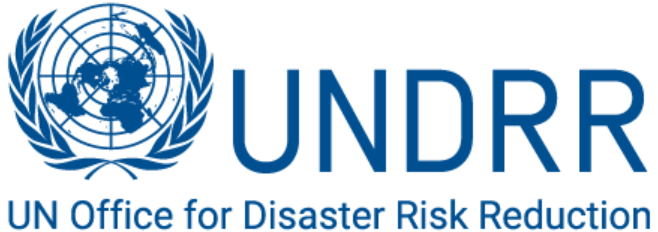The township of Beau Bassin Rose Hill sits in the heart of Mauritius. Located in the Indian Ocean, Mauritius, is a Small Island Developing State particularly vulnerable to natural and man-induced disasters, a reality echoed in the World Risk Report 2022, which ranked Mauritius 107th in terms of disaster risk.
The nation frequently encounters hazards like tropical cyclones, heavy rainfall leading to floods, and rising sea levels due to climate change. This emphasizes the need for disaster management strategies that can effectively mitigate risks and ensure community resilience across the entire island.
Nonetheless, similar to other areas in Mauritius, Beau Bassin Rose Hill encounters challenges associated with urbanization such as infrastructure development and environmental management. Addressing these aspects is crucial for ensuring growth and enhancing the wellbeing of its residents.
Joining the Making Cities Resilient 2030 initiative at stage B in 2022, Beau Bassin Rose Hill has since taken strides to Stage C with the development and endorsement of the Local Disaster Risk Reduction and Management Strategy and action plan 2023-2030. Aligned with the National Disaster Risk Reduction Policy and Action Plan 2020-2027, and the Sendai Framework for Disaster Risk Reduction 2015-2030, this local strategy reflects a broader national commitment.
The implementation of the Strategy offers a multitude of opportunities, not just for the local government and stakeholders, but also for the other districts and municipalities in Mauritius. Speaking at the launch, Hon Mohammad Anwar Husnoo, the Vice Prime Minister and Minister of Local Government and Disaster Risk Management urged the other local authorities to follow in the footsteps of Beau Bassin Rose Hill to ensure that the resilience of Mauritius against current and expected risks is substantially improved.
“It is important to ensure that all local authorities are equipped with comprehensive risk reduction and management strategies and action plans that are adapted to their unique risk profiles.” – Hon Mohammad Anwar Husnoo, the Vice Prime Minister
To ensure that the local disaster risk reduction and management committees are equipped to execute their functions, which include the development of local strategies, the government through the Ministry of Finance and Planning earmarked 80M Mauritian Rupees for the current financial year.
Ms Lisa Singh, the United Nations Resident Coordinator, congratulated the fete, saying that it was a great step in increasing the focus on proactive disaster risk management. “We stand ready to continue working with the government to strengthen early warning systems to safeguard lives and livehoods in the face of disasters.” She applauded the Municipality of Beau Bassin for leading the way as the first city in Mauritius to participate in the Making Cities Resilient 2030 initiative and called on them to support the other local governments to make progress as well.
“DRRM should not be implemented in silos but should involve partnership and collaboration across the country for a more resilient society. Moving forward, each local council will be required to prioritize disaster prevention and preparedness efforts including community sensitization and awareness campaigns in line with the NDRRMC priorities.” – Mr Premanand Budhoo, the Officer in Charge NDRRMC
Her Worship the Mayor of the Township of Beau Bassin Rose Hill, Mrs Rajeneedavee Caroopen, shared with the meeting, “Our town experiences social challenges such as poverty, single headed households, exclusion of persons with disabilities and foreign immigrant workers which we consider as significant drivers of disaster risk.” She added, “The township engaged in the MCR2030 to enable us to get technical assistance in the development of the Local DRM strategy and action plan. The Municipality aims to address in a multiagency context the various economic, institutional, social, and environmental DRM challenges faced by the council.”
The Making Cities Resilient 2030 (MCR2030) initiative, in which Beau Bassin Rose Hill actively participates, is a unique global program that aims to empower cities and towns worldwide to become more resilient against disasters. MCR2030 provides a framework for cities to understand and reduce their disaster risks through comprehensive assessments, planning, and implementation. By advancing through the stages of MCR2030, cities like Beau Bassin Rose Hill demonstrate their commitment to enhancing local capacities in disaster risk reduction. The initiative not only focuses on immediate responses to disasters but also emphasizes the importance of long-term planning and building sustainable urban environments. Through this global partnership, Beau Bassin Rose Hill is connected to a network of cities around the world, sharing knowledge, experiences, and best practices. This collaborative approach underlines the global effort to create safer, more resilient urban spaces, fostering a community of learning and mutual support that is crucial for addressing the complex challenges posed by climate change and urbanization.
Distributed by APO Group on behalf of United Nations Office for Disaster Risk Reduction (UNDRR).
